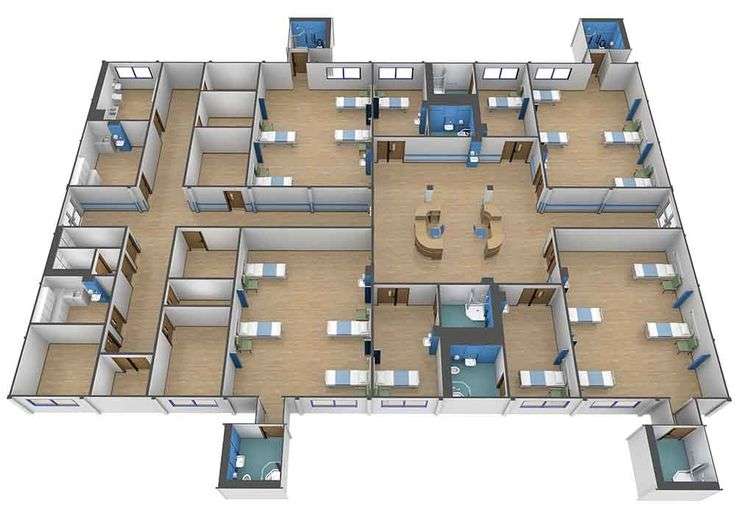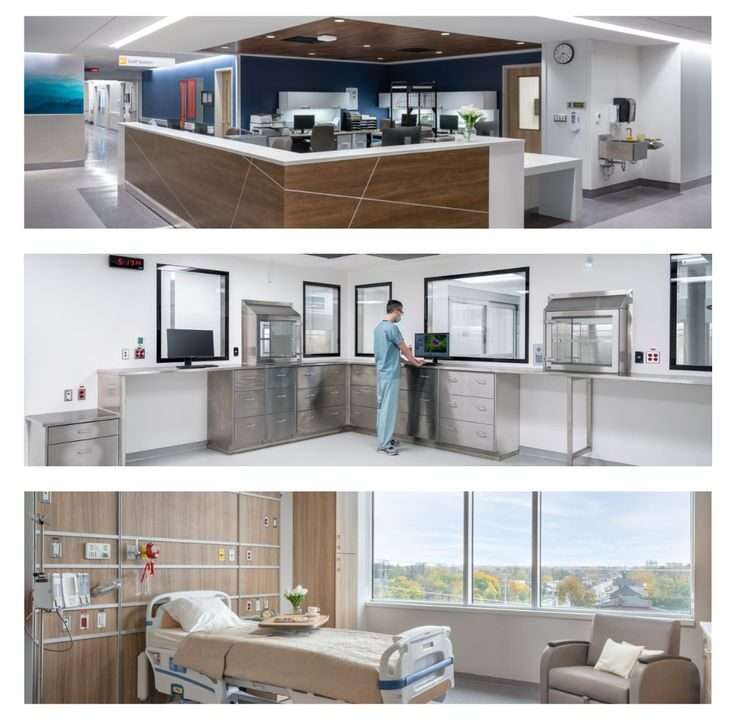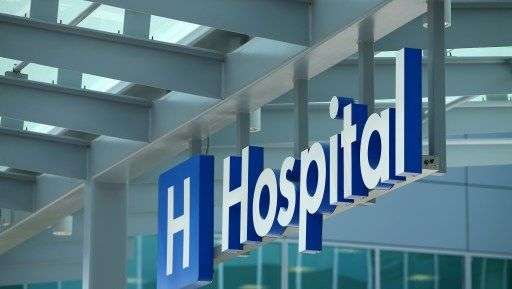
Efficient Hospital Management
August 31, 2021
Money Matters: The key to funding your healthcare venture
September 3, 2021Fascinating intersection of technology and healthcare, exploring how innovative tools are revolutionizing the delivery of medical services and improving patient outcomes. In an era defined by rapid technological advancement, healthcare professionals are increasingly turning to cutting-edge solutions to streamline processes, enhance diagnostics, and personalize treatment plans. From AI-driven diagnostic algorithms to wearable health monitors, this narrative unveils the transformative power of technology in reshaping the landscape of healthcare delivery.

In a nutshell, efficient hospital management targets at reducing costs optimizing space and time and ensuring a positive patient experience.
Investment in medical equipment has to be given a lot of thought because your equipment has to be practical, reasonable and durable as well as remain in-sync with time as it can quickly become outdated due to technological advancement, I am sure you want to be perceived as a healthcare set-up that provides the latest in technology …and if you want to sustain the perception of being truly advanced you will have to invest time and efforts in the planning, purchase, installation and maintenance of medical equipment. Since this is a complex and a complicated business, many healthcare pioneers take guidance from professional consultants in this difficult job.
These firms offer a plethora of services ranging from collecting catalogs from leading manufacturers, designing space and furniture in your set-up as per the machinery needs, providing necessary electrical requirements and running financial feasibility studies so that you can be sure before ordering costly medical equipment. These specialist firms work with the vendors in each segment and hence can help you narrow down on your options with due consideration to your budget, requirement, space of facility and likely footfall.
Factors to remember in hospital equipment planning
- The type of equipment
Depending upon the type of healthcare setup, you may need to invest in a wide range of equipment viz tools and machinery used for investigative or diagnostic, screening, imaging or surgical requirements. Here, a professional equipment consultancy firm can help you to decide on which machine is best suited to your type of specialty.

- Budget
You must keep an eye on your budget. You must make a proper analysis and assessment of what is necessary for your needs before making costly investments that can lead to overheads and incur losses. A feasibility study can help you weigh the pros and cons before making any big investments.
- No compromise on quality
Nothing is as important as quality. Do not compromise on this precious commodity. If you choose a tool or a machinery that is substandard due to cost constraints you may have to face long-term expenses due to recurrent repairs and maintenance. It may also lead to diagnostic or therapeutic faults that have to be avoided at all costs since you want nothing but the best for your patients.
- Be Tech-savvy
It is necessary for healthcare facilities to stay abreast of the latest technological advances. Invest in the latest systems and software that will organize patient visits, generate reports, store patient data thereby streamlining efficient administration and record-keeping. Ensure that reports and prescriptions can be accessed with just a click.

- Choose the right vendor
Choosing the right vendor who will not only offer the best possible deal with respect to cost but also provide long-term service is very important. If you employ a professional equipment management company, they will give an expert take on choice of the right vendor since they are well-versed with the nitty-gritty of such transactions.
- Operational factors
Your health facility must be planned and designed and constructed in such a way that the necessary medical equipment can be housed in it. For e.g. a neurological trauma unit will require bulky instruments like CT scan and MRI machines. Proper provision has to be made for these in the layout of the plan. Hence, coordination with your architect and the design team is necessary before equipment investment.
Other operational factors like temperature control, humidity control, air conditioning, electrical plug-ins and accessibility have to be considered right from the planning and execution stage.
- Equipment Management
Just investing in advanced equipment is not enough, your staff has to be trained to operate it in the right way as per the instructions in order to avoid errors and malfunction. Setting up of a SOP (standard operating procedure) is also necessary. If this training is not provided, equipment may be misused leading to erroneous results and heavy losses. The task of training can be undertaken by the manufacturing company or handed over to professional consulting firm.

- Regular maintenance
To ensure that the equipment stays in the best possible condition, regular servicing and maintenance by specialists is necessary.
To put in a nutshell, be sure to think of the best combination of quality and affordability when investing in medical equipment. An organized approach to purchasing, managing and maintaining medical equipment can help you make this process cost-effective and sustainable. Any mistakes in the planning and procurement of equipment cannot be overlooked as it may cascade in heavy losses and can endanger health and safety of both patients and staff members. To get a bird’s eye perspective and save yourself from the pitfalls of wrong decisions, it is best to associate yourself with hospital equipment consultants who have the expertise and experience.
Hospertz healthcare are experts in the field of healthcare management consultancy and can help you in your endeavor, call us today.
Dr. Vishal Jadhav
hospertz@gmail.com
+91 9820833149 / 9867712705



